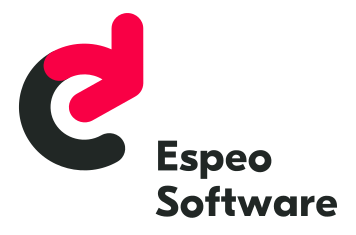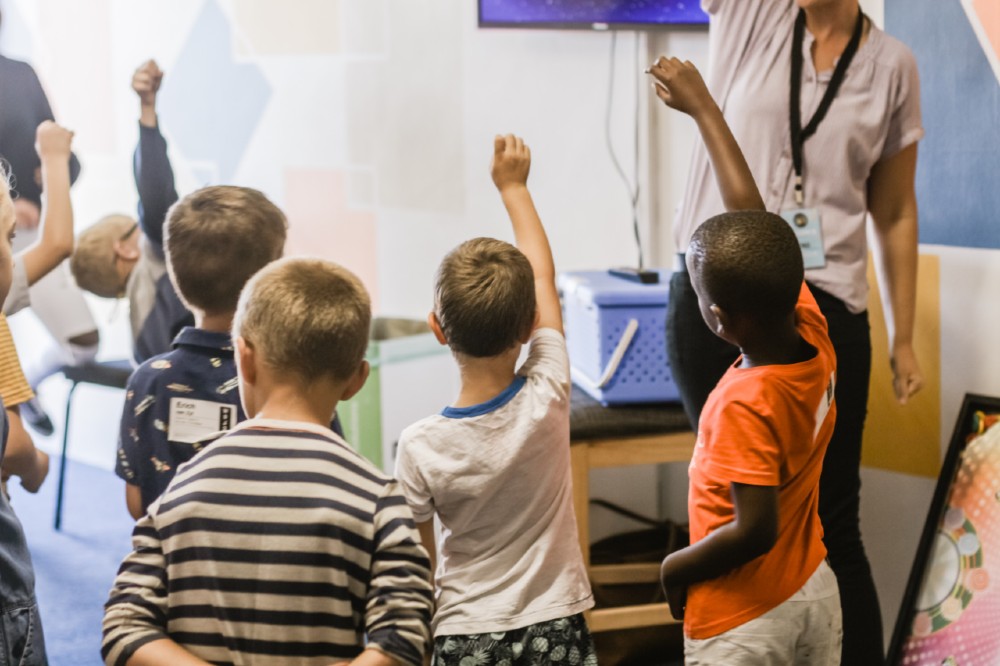Early childhood is a vital time in cognitive development. Education in this brief period is essential for children to develop fully and gain the foundations for further learning. New edtech trends can help teachers and school administrators deliver the highest quality early childhood education to young learners. I sat down with CEO of the pedagogical assistant TinyApp Taina Mikkola to talk about education technology and discuss the major trends facing the industry.
Thanks for taking the time to speak with me. In your view how is technology transforming early childhood education?
If we look at the history of early childhood education it has always been a little bit behind other education levels. It has not been that occupied with technology. Looking back about two years when we started, kindergartens didn’t necessarily even have smartphones, but now they do. So they are more prepared to take technology and use it.
How does TinyApp fit into these major trends in childhood education?
The TinyApp application allows teachers and schools to collect data such as daily pedagogical activities, child’s individual learning plan, or attendance in a structured way. The information is available for teachers, school administrators, and parents to keep track and analyze the information. We feel that there are a lot of technological strides in early education or education in general in terms of constructing the best education programs, adjusting these programs to individual kids’ needs and what’s important in terms of gathering information on results and learning performance.
Now the question is how to support teachers in effectively collecting data while working with children. And how to make that work visible to the teachers in a way that it can serve as a crucial input for them to plan their own kind of teaching. What we offer is a simple solution that fits into the world of teachers in early years education. The challenge here is that the days of early childhood teachers are hectic and fast-paced, sometimes disordered or even chaotic because that’s the reality of working with small children. The technology really needs to fit into that environment, and it has to work for this kind of hectic place. With TinyApp we try to keep it simple in that sense that it is easy to use and it has only the features that are relevant for the teacher’s point of view. Ergonomics is crucial here — the technology should guarantee comfortable efficiency when collecting data and working with kids at the same time.
What sorts of things do you find most relevant and how does it fit into these edtech trends?
Teachers usually plan their lessons and make a plan for the whole time they spent with children. That’s something where we help them when they want to follow how the child is developing. How they can do it easily? How we can help them to collect information that they can return, review, reflect and analyze. We try to focus on helping teachers to succeed in their work with the children when their work is to help children grow, develop, and flourish.
Is there anything that we should be worried about in terms of data collection?
When we are talking about data, especially when it’s related to the young children, first of all, we have to be sure that we collect only the needed information that is important in the context of the data to be used. We have to restrict the data collection to that data that is needed. The other thing is that the data has to be used in the right away. We have to make sure all the time that we have the right course there. Another thing is that everyone should have the right to manage their own data and opt out of data collection. In our case, we collect pedagogical information. Some of them are important and some other information is not relevant to us.
We can collect all of them, but parents have the individual right to decide what to do with the data in the end. When we are talking about children we must remember that children always have parents who are responsible for the data collection. Sometimes the teachers might not want that something is collected, even though the parents don’t have objections. That’s why we have to be sure why we are collecting the data and what is the reasons we are using it. Obviously, the GDPR is in the EU area the regulations — they give a very good framework for what has to be always by default though.
Finland consistently ranks very high on education on global rankings. Do you think that there are specific values in Finland that make this kind of innovation possible or that make this kind of edtech trends more welcome than other markets?
I think it may have. All the teachers in Finnish schools and kindergartens have university degrees so they are very qualified. They also have a lot of independence as well there. Our curriculum gives them a lot of freedom to decide how to teach things within that framework. I think it gives a good basis for the different kind of education success stories.
How does Espeo fit here? And why did you decide to outsource an external partner?
We wanted to find a reliable, cost-efficient and fast way to go forward. So we started to look for how we would reach our goal and then Espeo came as one of the options. After discussions, we decided that’s the way to go forward and that was a good decision.
What are your predictions for the next three to five years in the edtech niche? In what ways do you think that there will be more innovation in the use of data and especially in early education?
If I look three to five years forward, I think we will be wiser in how to use the technology. Sometimes I have the feeling that technology is used just because it’s a kind of technology. Everyone is a little bit afraid about what happens in the future and how children can manage the changing world. We need to find the balance because technology as such is not a solution. It always has to have the meaning there, the purpose why we are doing things. If that’s not clear the technology won’t help us but just make things more complicated. I also think in the education sector will be more clarified during the next three to five years.
We will have more data and more understanding about where technology will help students and bring the kind of value for all stakeholders. We can move on from having technology everywhere to having technology in those places where it makes sense. One thing for sure is that education is kind of spreading meaning. Formal education will have a place in the future, definitely, but also learning in your free time and taking courses will be more natural. The technology probably can help us to manage our study path by showing us what we have done. How technology can just support it, that’s the question.





